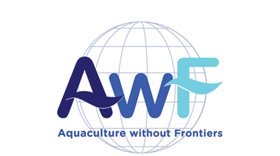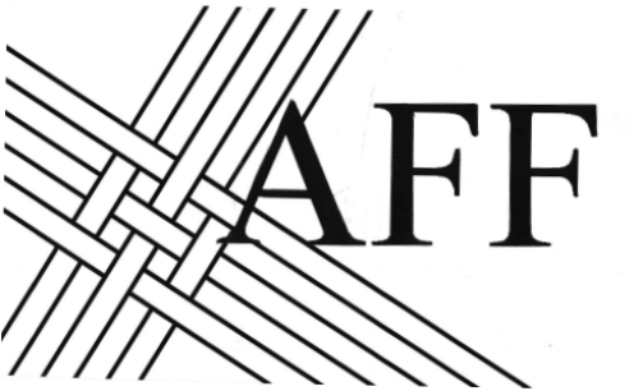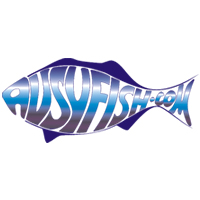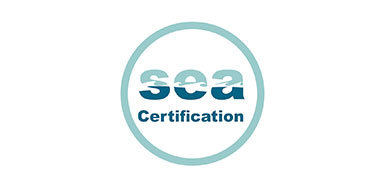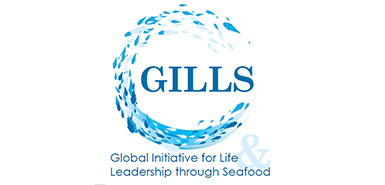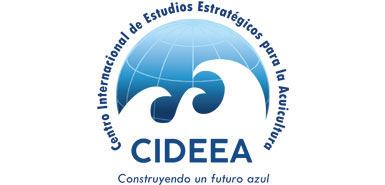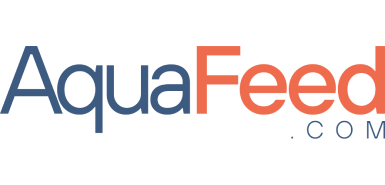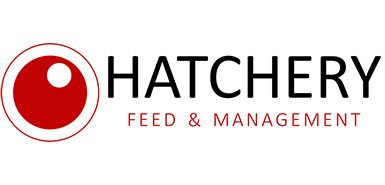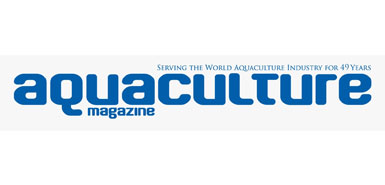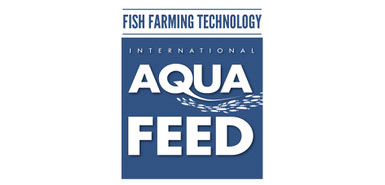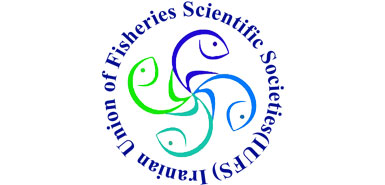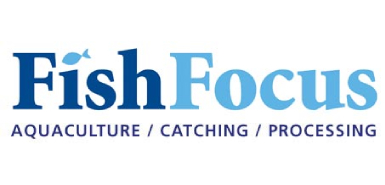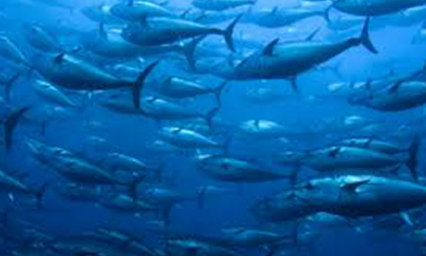The conference chairs and advisory board members are pleased to announce the Aqua Farm 2024, an International
Conference and Exhibition on Aquaculture. Following the success of Aqua Farm 2023 conference held in Melbourne.
We are announcing the second event of the series at the exciting Hilton Surfers Paradise Hotel & Residences,
Queensland, Australia and we are thrilled to extend our warmest welcome to you.
Aqua Farm 2024 has been carefully curated to shed light on the aquaculture industry in Australia and worldwide. The
aims are to foster collaboration among aquaculture farmers and innovative aquaculture industries with academia and
government. Raising the voice of Aquaculture is essential to ensure that the fastest growing primary industry is
engaging throughout the entire spectrum of politics, the economy, and the community.
The conference aims to bring together stakeholders involved in the sector, including leading academic scientists,
researchers, and policymakers from various disciplines. It provides a platform for the exchange of the latest findings
and trends in aquaculture and the blue economy technology which is the new revolution in producing healthy,
nutritious food and aqua ingredients driven by sustainability and circularity
Aqua Farm Conference is uniquely designed to offer actionable insights, expert guidance, peer networking, and
solution provider assessments. The experience promises to be unforgettable and transformative, enabling you and
your organization to achieve enhanced performance in your critical priorities. Sponsorships and Exhibition booths are
available. We know that eighty per cent of making a successful change is turning up and we proved in Melbourne that
those who attended Aqua Farm 2023 were made welcome, encouraged to engage, and were involved as much as
they wished. We encourage you to attend, it makes no difference where you are in the value chain your voice is
important and we want to see you at Aqua Farm 2024
The significance of aquaculture in providing high-quality food and nutrition to the world's growing population cannot be
overstated. We know aquaculture continues to be the fastest-growing food production sector globally, and that
seafood is the world’s most globally trade food. Despite all the challenges the need for food security and nutrition is a
heavy burden and it is only by coming together, meeting new people, listening to specialists, engaging in discussions,
and sharing ideas that we will meet the demand.
The expansion of aquaculture, especially in Asia, at a rapid pace has brought about several challenges that have
required long-term solutions. The region has witnessed exponential growth in aquaculture, and we have seen how
this has been supported in variable ways by governments and communities. 14-17 May 2024 is the opportune time for
the global aquaculture community to converge at Aqua Farm 2024 on the Queensland, Australia and promote lessons
learned along with expanding your network.
The conference will also offer the opportunity as a premier interdisciplinary platform for researchers, practitioners, and
educators to present and discuss the latest innovations, trends, concerns, as well as practical challenges encountered
and adopted solutions in the fields of aquaculture technology. Education is a major key to advancement and Aqua
Farm 2024 recognises the importance.
There will be many areas of innovation at Aqua Farm 2024 with Round Table discussions, dedicated Q&A sessions,
ensuring discussions on many topics and providing opportunities for active participation. Additionally, there will be
captivating networking opportunities for all attendees through activities pre and post conference times and given the
early high interest, we anticipate that the event will be popular, so we we encourage you to register early.

